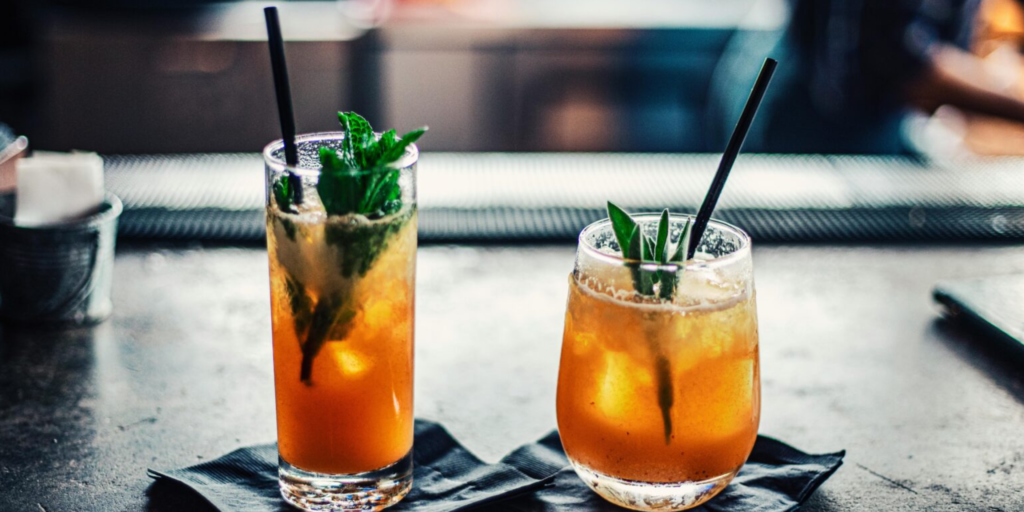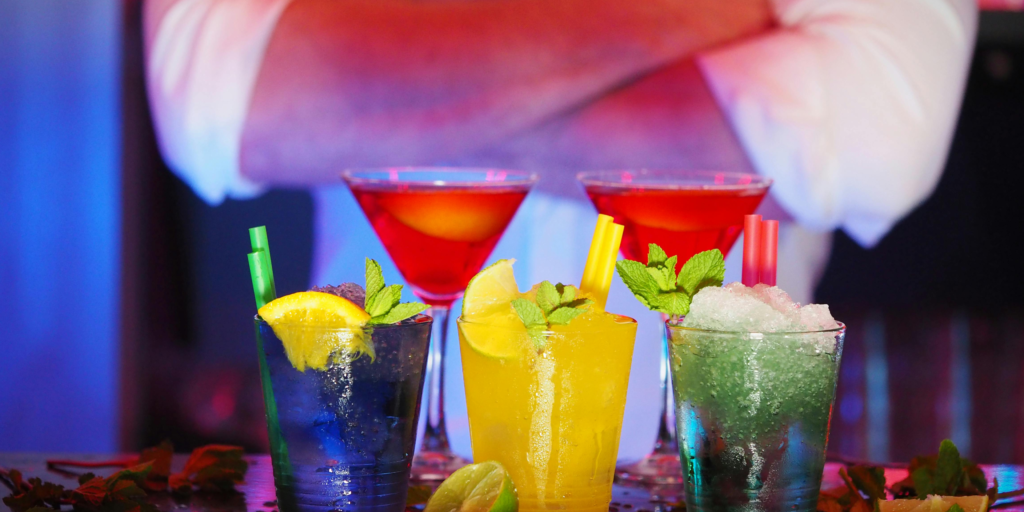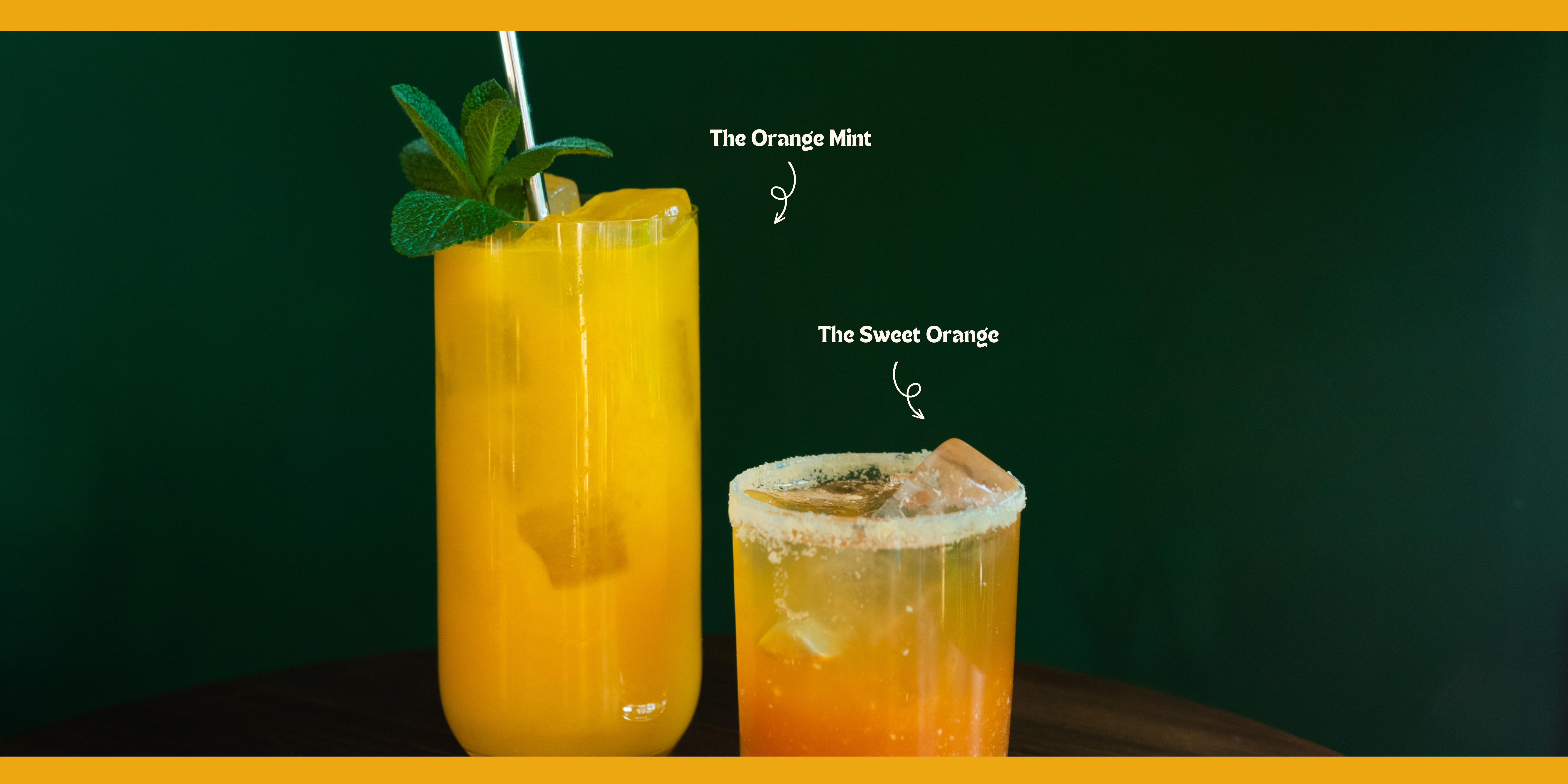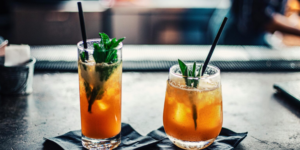In recent years, mocktails have emerged as a vibrant and inclusive alternative to traditional cocktails. These non-alcoholic beverages offer the same creativity, complexity, and presentation as their alcoholic counterparts, without the buzz. Whether you’re at a social gathering, enjoying a night out, or simply looking to refresh your palate with something new, mocktails provide a sophisticated and enjoyable drinking experience for everyone. In this blog, we’ll explore the history of mocktails, the art of crafting them, the benefits they offer, and some popular recipes to try at home.
The Rise of Mocktails: A History of Non-Alcoholic Beverages
Mocktails have a relatively recent history compared to their alcoholic counterparts. However, the concept of non-alcoholic beverages designed to mimic the taste and presentation of cocktails has roots that date back to the early 20th century.
The Origins of Mocktails
The term “mocktail” first gained popularity in the 1970s as more people began seeking alternatives to alcoholic drinks. The movement was driven by a growing awareness of the health risks associated with alcohol, as well as an increasing demand for inclusive social experiences. Non-alcoholic drinks like the Shirley Temple and Virgin Mary became staples at parties and restaurants, offering a sophisticated option for those who preferred to abstain from alcohol.
The Health and Wellness Movement
In the 21st century, the health and wellness movement has significantly contributed to the rise of mocktails. As more people adopt healthier lifestyles and seek to reduce their alcohol consumption, Non-Alcoholic Beverages have become a popular choice. The beverage industry has responded by creating a wide variety of alcohol-free spirits, mixers, and bitters that allow bartenders and home enthusiasts to craft complex and flavorful drinks.
The Modern Mocktail Renaissance
Today, mocktails are enjoying a renaissance, with an increasing number of bars and restaurants offering dedicated mocktail menus. Mixologists have embraced the challenge of creating innovative, zero-proof drinks that rival the complexity and presentation of traditional cocktails. This modern drink is driven by a desire to cater to a more diverse audience, including those who choose not to drink for health, religious, or personal reasons.

The Art of Crafting Mocktails: Ingredients and Techniques
Creating a great mocktail requires the same level of creativity, precision, and understanding of flavors as making a traditional cocktail. The absence of alcohol presents a unique challenge, as it removes a key component that often adds depth and balance to a drink. However, with the right ingredients and techniques, it’s possible to craft mocktails that are just as satisfying.
Understanding Ingredients
The foundation of any good mocktail is the quality and combination of its ingredients. Since alcohol is not part of the mix, it’s important to use fresh, high-quality ingredients that can stand on their own. Here are some key components often used in mocktails:
- Fresh Juices: Citrus fruits like lime, lemon, and orange are popular for their bright, tangy flavors. Other juices like pomegranate, cranberry, and pineapple add sweetness and complexity.
2. Herbs and Spices: Fresh herbs such as mint, basil, and rosemary can elevate a mocktail by adding aromatic depth. Spices like ginger, cinnamon, and cardamom can introduce warmth and complexity.
3. Syrups and Sweeteners: Simple syrup, honey, agave nectar, and flavored syrups can be used to balance the tartness of the juices. You can also infuse syrups with herbs or spices to add another layer of flavor.
4. Sparkling Water and Sodas: Carbonated beverages add a refreshing fizz to mocktails. Sparkling water, tonic, and soda are often used as bases or mixers.
5. Alcohol-Free Spirits: The rise of alcohol-free spirits has revolutionized the mocktail scene. These beverages are crafted to mimic the taste and aroma of traditional spirits, providing the complexity and body that alcohol typically offers.
Techniques for Mixing Mocktails
The techniques used in crafting mocktails are similar to those in traditional mixology. Here are a few key methods:
- Shaking: Shaking a mocktail with ice is essential for chilling the drink and ensuring all the ingredients are well combined. It also helps to create a frothy texture for certain drinks.
2. Stirring: Stirring is used for drinks that need to be mixed gently, such as those made with clear ingredients like juices and sparkling water. Stirring ensures the flavors blend without diluting the drink too much.
3. Muddling: Muddling is the process of gently crushing herbs, fruits, or spices to release their flavors. This technique is often used in drinks like mojitos and juleps.
4. Layering: Layering involves carefully pouring ingredients over each other to create visually stunning drinks. This technique requires precision but can result in beautiful, Instagram-worthy mocktails.
The Benefits of Mocktails: Health, Inclusion, and Enjoyment
Mocktails are more than just a substitute for alcoholic drinks; they offer a range of benefits that make them an appealing choice for a wide audience.
Health Benefits
One of the most significant advantages of mocktails is their health benefits. Unlike alcoholic beverages, mocktails contain no alcohol, which means they come without the risks of intoxication, hangovers, or long-term health issues associated with alcohol consumption. Additionally, mocktails can be made with fresh, nutritious ingredients, making them a healthier alternative to sugary soft drinks.
Inclusivity and Social Connection
Mocktails offer an inclusive option for social gatherings, ensuring that everyone, regardless of their drinking preferences, can enjoy a well-crafted beverage. They provide a way for people who don’t drink alcohol—whether for health reasons, pregnancy, religious beliefs, or personal choice—to participate fully in social events without feeling left out
Flavor Exploration and Creativity
Mocktails encourage creativity and experimentation with flavors. Without the need to balance alcohol, mixologists and home bartenders can explore a wide range of ingredients and combinations. This freedom allows for the creation of drinks that are not only delicious but also visually stunning.
The Future of Mocktails: Trends and Innovations
As the popularity of mocktails continues to grow, so too does the innovation and creativity within this space. Here are some trends and future developments to watch for in the world of non-alcoholic drinks.
Craft Alcohol-Free Spirits
The market for alcohol-free spirits is expanding rapidly, with more brands offering high-quality products designed specifically for mocktails. These spirits provide the complexity and depth of flavor found in traditional cocktails, allowing for more sophisticated and satisfying mocktail experiences.
Sustainable and Local Ingredients
Sustainability is becoming a key focus in the beverage industry, and non-alcoholic drinks are no exception. Expect to see more mocktails made with locally sourced, organic, and sustainable ingredients. This trend not only supports local economies but also ensures

Popular Mocktail Recipes to Try at Home
Whether you’re hosting a party or simply looking for a refreshing drink to enjoy on your own, these popular mocktail recipes are sure to impress. They are easy to make, packed with flavor, and perfect for any occasion.
Classic Virgin Mojito
A refreshing and zesty mocktail that captures the essence of the classic Mojito without the rum.
Cucumber and Elderflower Cooler
A light and refreshing mocktail that combines the crispness of cucumber with the floral notes of elderflower.
Pomegranate and Ginger Sparkler
A vibrant, festive mocktail that pairs the tartness of pomegranate with the warmth of ginger.
Tropical Sunrise
Bring a taste of the tropics to your glass with this vibrant, fruity mocktail, reminiscent of a sunrise.
Blueberry Basil Lemonade
A refreshing and slightly tart mocktail that combines the sweetness of blueberries with the herbal notes of fresh basil.
Virgin Piña Colada
A creamy, tropical mocktail that captures the essence of a classic piña colada without the rum.




